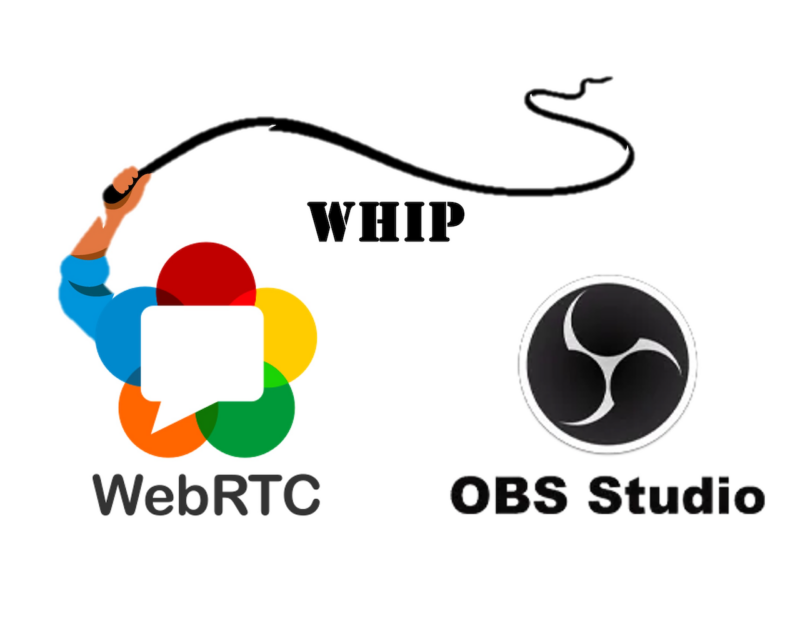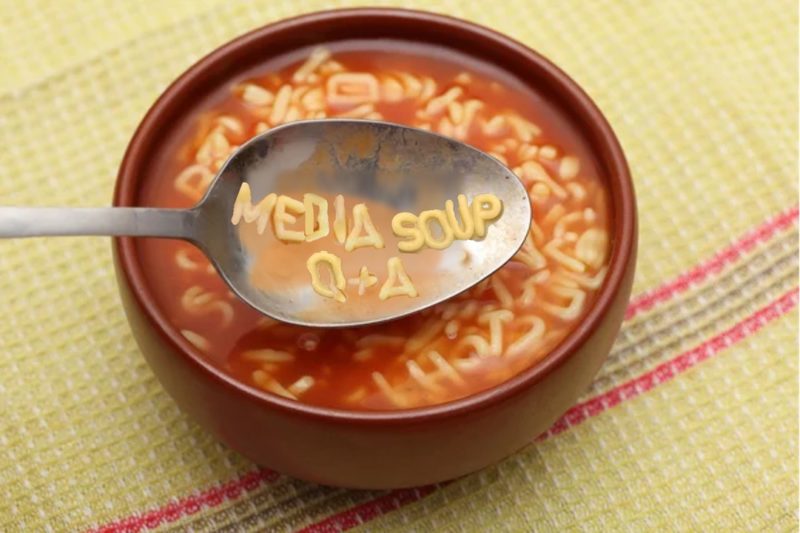Open Broadcaster Software – Studio or OBS Studio is an extremely popular open-source program used for streaming to broadcast platforms and for local recording. WebRTC is the open-source real time video communications stack built into every modern browser and used by billions for their regular video communications needs. Somehow these two have not formally intersected […]
Search Results for: gustavo
10 Years of webrtcHacks – merch and stats
webrtcHacks celebrates our 10th birthday today 🎂. To commemorate this day, I’ll cover 2 topics here: Our new merch store Some stats and trends looking back on 10 years of posts We have the Merch In the early days of webrtcHacks, co-founder Reid Stidolph ordered a bunch of stickers which proved to be extremely popular. […]
coturn: No Time to Die – Q&A with new project leads
New coturn project leads Gustavo Garcia and Pavel Punsky give an update on the popular TURN server project, what’s new in STUN and TURN standards, and the roadmap for the project
Revealing mediasoup’s core ingredients: Q&A with Iñaki Baz Castillo
I interviewed mediasoup’s co-founder, Iñaki Baz Castillo, about how the project got started, what makes it different, their recent Rust support, and how he maintains a developer community there despite the project’s relative unapproachability. mediasoup was one of the second-generation Selective Forwarding Units (SFUs). This second generation emerged to incorporate different approaches or address different use cases a few years after the first generation of SFUs came to market. mediasoup was and is different. It is node.js-based, built as a library to be part of a serve app, and incorporated the Object-oriented approaches used by ORTC – the alternative spec to WebRTC at the time. Today, mediasoup is a popular SFU choice among skilled WebRTC developers. mediasoup’s low-level native means this skill is required.
How Cloudflare Glares at WebRTC with WHIP and WHEP
WebRTC blackbox reverse engineering experts Gustavo and Fippo take a look at Cloudflare’s new WebRTC implementation, how Cloudflare uses the new WebRTC-based streaming standards WHIP and WHEP, and the bold pronouncement that they can be a replacement to open source solutions.






